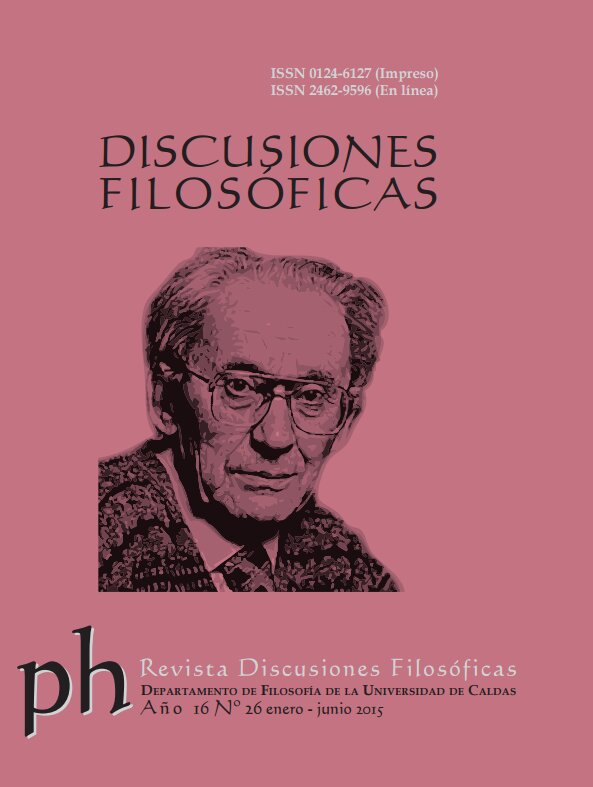Authors
Abstract
En este artículo se pretende problematizar la noción de injusticia testimonial, mediante una reconstrucción históricofilosófica de algunos usos contemporáneos del testimonio. La literatura sobre el testimonio en el siglo XX no siempre considera la discusión filosófica acerca del significado epistémico del testimonio, pese a que ambos asuntos podrían articularse mejor si el testimonio se comprende desde sus usos históricos recientes, y si la interpretación de los testimonios históricos se sostiene en una concepción adecuada del dispositivo discursivo de la testificación. Se realizó un análisis filosófico del discurso testimonial y una revisión histórica de sus usos en dos contextos testimoniales: los testimonios del Holocausto y la literatura del testimonio latinoamericana. Como resultado de esta reconstrucción históricofilosófica sugerimos ampliar la noción de injusticia testimonial para que, además del desconocimiento o rechazo de la palabra ajena, incorpore el enrarecimiento de la testificación que cabe reconocer en cierto paradigma contemporáneo expresivista de la memoria testimonial.
Abstract
In this article we try to problematize the notion of testimonial injustice, through a historical-philosophical reconstruction of some contemporary uses of testimony. The literature on testimony in the twentieth century does not always consider the philosophical discussion of the epistemic meaning of testimony, although both issues could be articulated better if testimony is understood from its recent historical uses, and the interpretation of historic testimony is held on an adequate conception of the discursive device of witnessing. We conducted a philosophical analysis of testimonial discourse and a historical review of its use in two testimonial contexts: Holocaust Testimonies and Latin American literature of testimony. As a result of this historical-philosophical reconstruction, we suggest to expand the notion of testimonial injustice so that, apart from disregard or rejection of the word of others, it incorporates the rarefaction of witnessing, which can be recognized in a certain expressivist contemporary paradigm of testimonial memory.

 PDF (Español)
PDF (Español)
 FLIP
FLIP




























